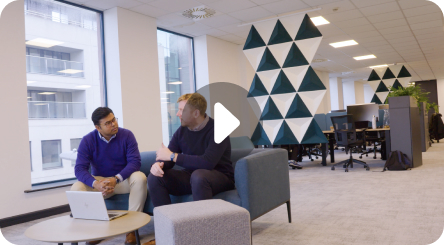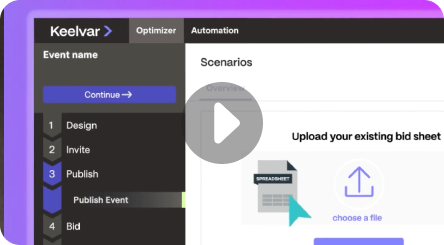Globalization has hit reverse and more trade barriers can be expected as protectionism takes hold. Nobody knows how high or exactly where these barriers will exist. The challenges for procurement teams around the impending increases in protectionist policies in the UK and USA are difficult to manage but there are measures that can be taken in sourcing decisions to mitigate potential damage.The first step is to recognize the importance of flexibility and optionality. A salutary insight from Apple’s supply chain strategy illustrates a key lever. Back in 2012, research firm UBM TechInsights conducted an interesting experiment. They disassembled several Apple iPad devices and discovered components with the same functions made by at least three different manufacturers in different tablets. Substitutable suppliers whose production facilities are in mutually exclusive regions gives robustness to shocks such as natural disasters, trade wars or conflict. It also gives stronger economic leverage during negotiations.In this new era of protectionism, the time is ripe to acquire options that form natural hedges against future disruptions. Dual supplier relationships are critically important. This type of a safety net could become critically important in the future but does incur an up-front cost. Sourcing processes in 2017 need to consider the most important measures to counteract trade barrier risks and accept that risk management isn't a free lunch.
- Single Lot Supplier diversity on key intermediate goods or services should be the first step. Split awards on Lots are the best way to spread risk but and the upfront cost can be calculated by the contingent volume discounts that need to be foregone.
- Multi-Lot Constrained aggregate exposure to high-risk locations. An over-dependency on a specific geographic region or country is dangerous because a trade war, military war or natural disaster could simultaneously impact a group of suppliers who operate in different industries but are co-located. When a disaster or trade war befalls a country, a flight to substitute supply zones leads to a spike in demand for suppliers that you should already have a contracting relationship with and options to increase volume.
- Currency hedging. A somewhat crude approach to currency hedging is to demand pricing in your own currency. This contains hidden costs because suppliers that are smaller than the purchasing organization increase bids to include their currency risk exposure, which may be more extreme from their perspective. A more economically efficient approach is to have a treasury function that centrally optimizes currency risk exposure by trading in currency futures. The challenge here is that Procurement and Treasury need to have a stronger level of collaboration than is typically the case.

The first two types of constraints above can be applied in a multi-lot sourcing event to help manage risk. Currency risk can be mitigated by collecting quotes in any currency from bidders. Ideally it is best to recalibrate the currency exchange rates during the final negotiation process so that there is less scope for gaming from suppliers. A more holistic risk management strategy will conduct hedging centrally in the finance function in a manner that is cognizant of sales incomes in other currencies as well as spend. An even more advanced approach to risk management considers contingent repair plans in every sourcing event, should a supplier or group of suppliers fail. This is particularly sophisticated and provides instant recovery plans in the event of a disaster. It applies the notion of Weighted Super Solutions in sourcing optimization projects.

Keelvar's sourcing optimization SaaS solution provides the necessary functionality to optimize award decisions with respect to an organizations risk attitude. The finer granularity and controls that come with disaggregated bidding and contingent discount offers also allows buying organizations to make informed trade-offs.The author, Alan Holland has a PhD entitled Risk Management for Combinatorial Auctions and lectured in Game Theory, Intelligent Systems and Stochastic Optimization at University College Cork before founding Keelvar.

.svg)















.png)
